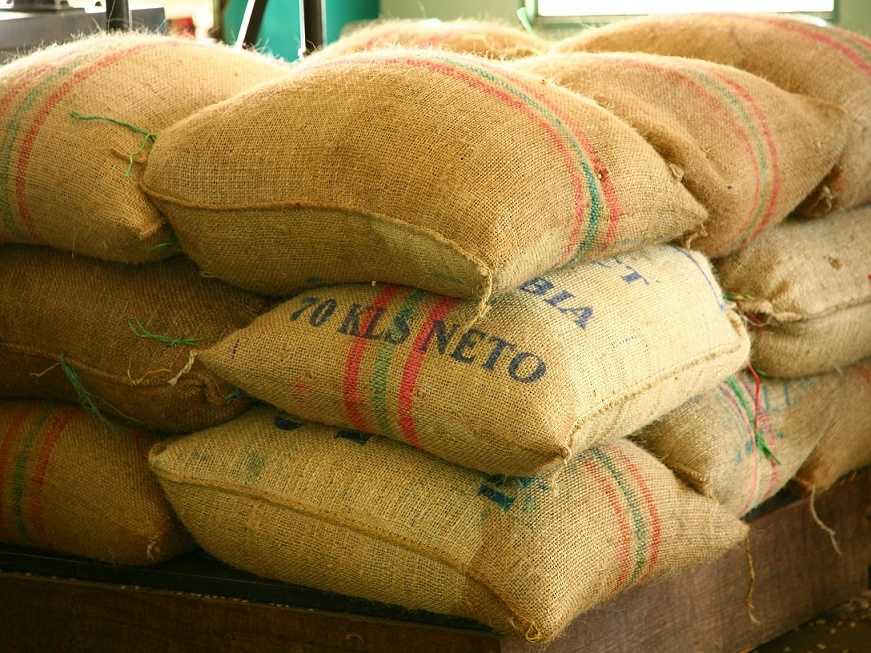4C Association members report record volumes. The 4C Association reported yesterday (12 May 2015) that in 2014, its global roaster and retail members received nearly 10 million bags[1] of 4C Compliant Coffee (approx. 596,000 MT).
This impressive figure emphasizes the long-term commitment and great strides of the coffee sector towards mainstreaming sustainability.
From a global perspective, the percentage of 4C Compliant Coffee as a share of the world coffee consumption stood at nearly 7% in 2014[2].
This figure is the result of sustained high rates of growth over the past 5 years and is spurred by the roll-out of ambitious sustainability programs and the strong commitments of roaster and retail members of the 4C Association.
The last years have also seen an amazing uptake and great efforts from coffee producers worldwide towards meeting the Entry-level standard. At the end of 2014, there were 312 licensed 4C Units (producer groups), working with more than 417,000 farmers and 1,1 million workers in 24 producing countries.
The largest producing countries were Brazil, Vietnam, Colombia, Peru, Honduras and Indonesia.
Their annual production reached a cumulative total of 41 million bags of 4C Compliant Coffee, nearly 29% of global coffee production[3]. As a result of these record figures, the supply and demand ratio of 4C Compliant Coffee for 2014 now stands at 4 to 1.
“These great figures are the result of the joint efforts of 4C members over the last years and demonstrate two things. Firstly, that for 4C Members commitment towards sustainability is a long term sustained effort.
Secondly, it shows that the 4C Entry-level sustainability standard is working and has become an essential tool for the coffee sector to achieve its ambitious sustainability goals.” states Robert Waggwa Nsibirwa, Chairman of the Council of the 4C Association, and Vice Chairman of the African Fine Coffees Association (AFCA).
To be able to sell 4C Compliant Coffee, farmers in the 4C Units commit to continuously improve their practices in a set of economic, social and environmental criteria.
The farmers are supported in their efforts by other members of the 4C Association, such as cooperatives, exporters and roasters who provide them with important assistance in the form of trainings, technical support and access to information.
The 4C Units undergo an independent third party verification to check their compliance with the 4C baseline sustainability criteria before receiving their license to sell 4C Compliant Coffee.
“Sustainability is becoming an intrinsic requirement for buyers of Indonesian coffee. We need to prepare for this and the 4C entry-level standard provides a solid basis to get farmers to understand and start applying sustainability practices.
Since we set up the 4C Unit and started training farmers, we have seen how they are taking better care of their trees and are working more efficiently. This reflects on the quality of their crop and on their productivity”, explains Anton Firmansyah from Lampung Robusta Coffee, CV., a 4C Unit in Indonesia.
[1] 9,938,511 bags of 60 kg
[2] http://www.ico.org/prices/new-consumption-table.pdf
[3] http://www.ico.org/prices/po-production.pdf















